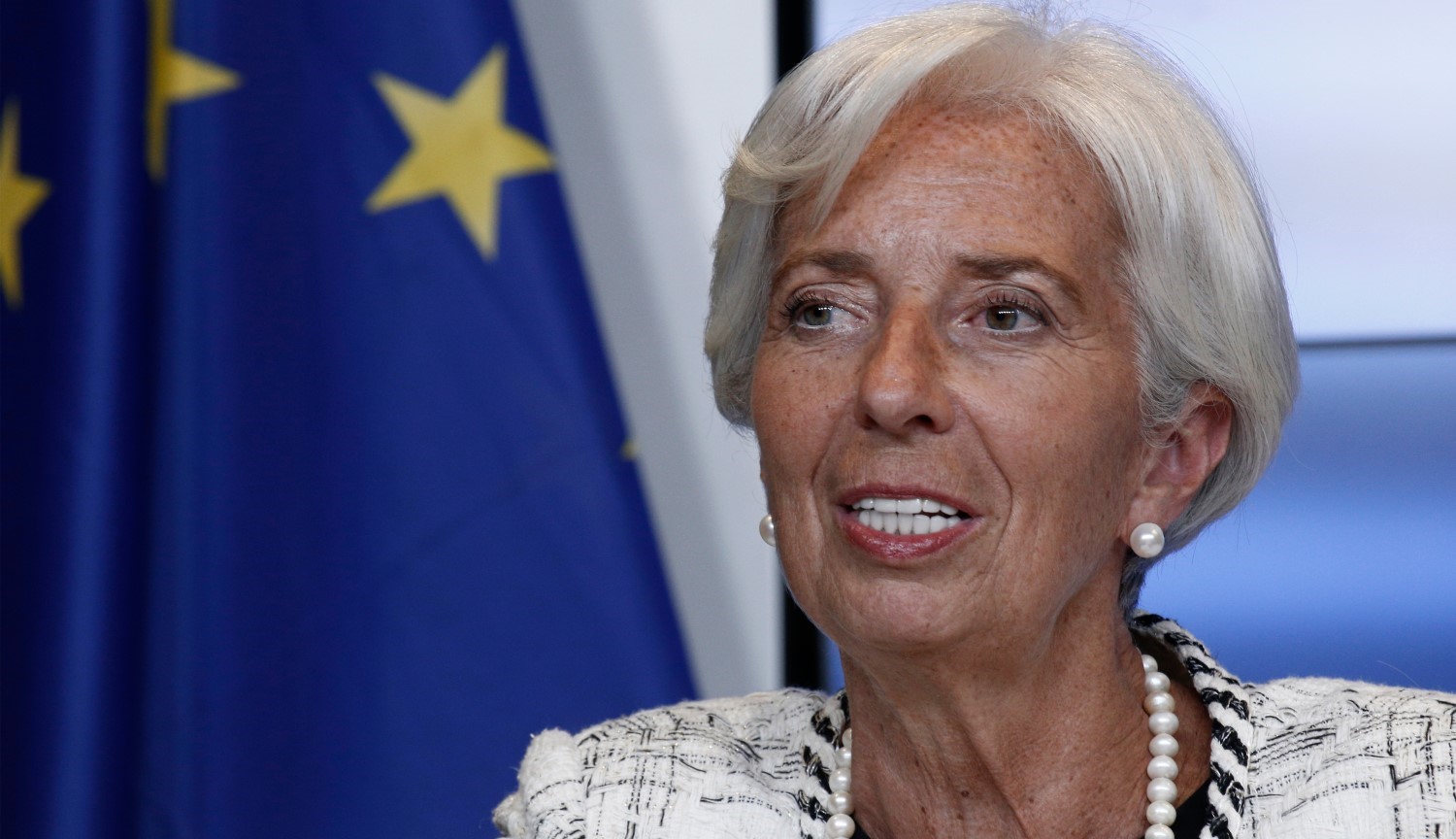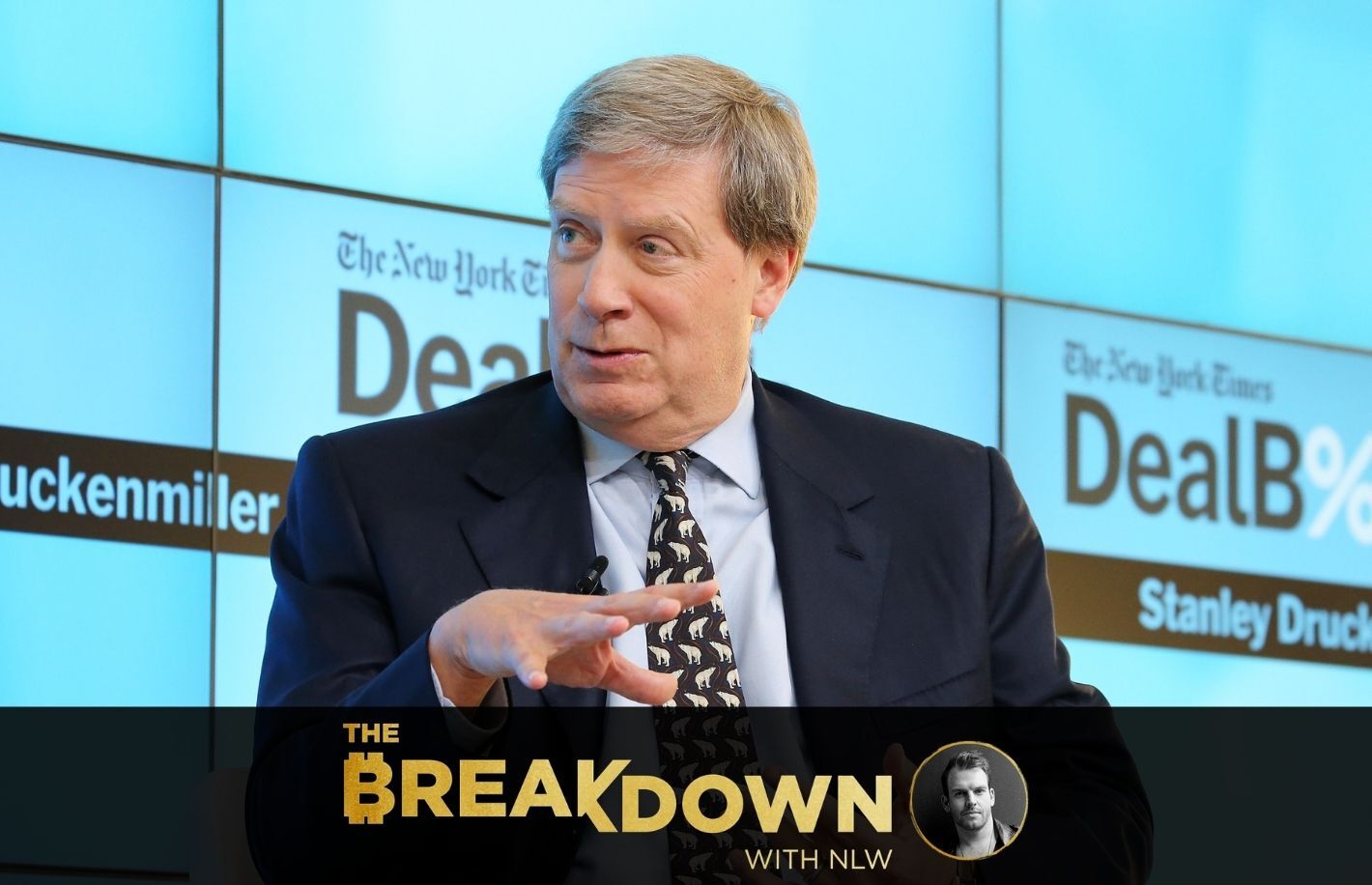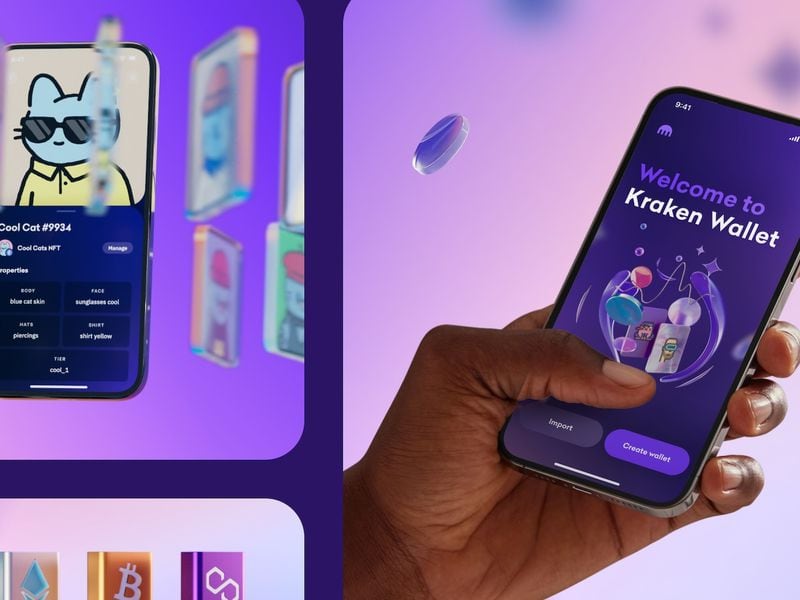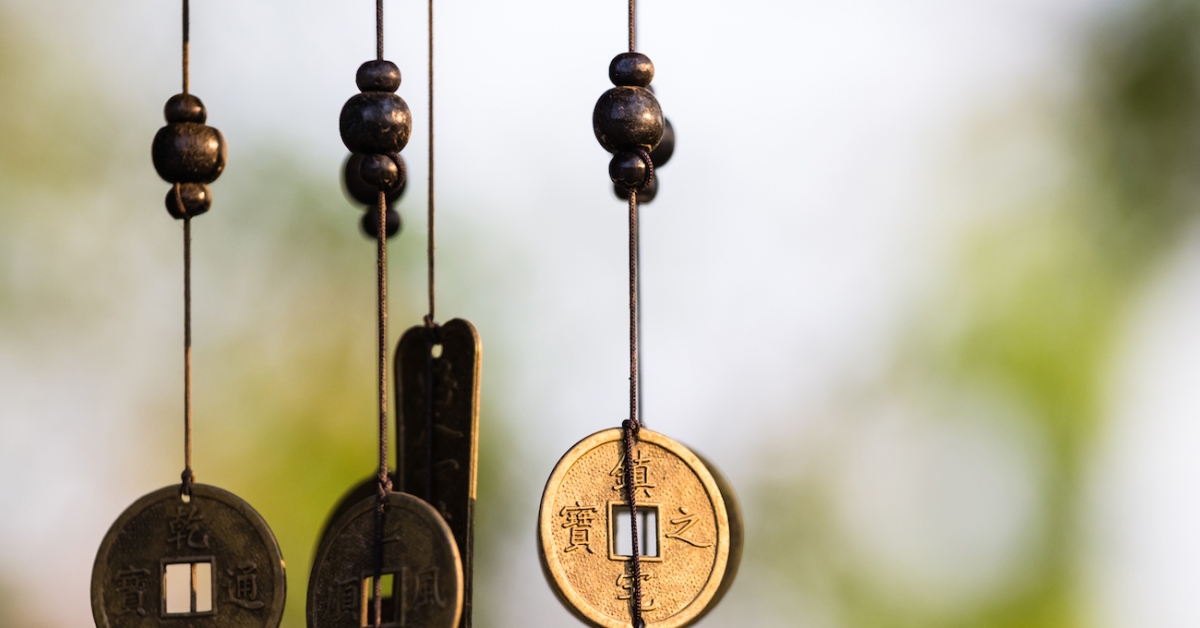The Internet Is a Luxury Not a Right: 30 Percent of Americans Still Don’t Have it
Gigi Sohn, GeorgetownLawChannel
The Internet Is a Luxury Not a Right: 30 Percent of Americans Still Don’t Have it
Gigi Sohn has spent the last 30 years as a public interest advocate. Her main focus, nowadays? Getting telecommunications giants to take on fiduciary duty. Now that the internet has become “the essential communications tool of the 21st century,” Sohn thinks broadband connection is a right, not a privilege. This doesn’t mean that she’s on board with all technological advancements. Sohn, an ex-senior staffer at the Federal Communications Commission, has her doubts about a lot of things that may look like progress, including 5G and the potential repeal of Section 230, which exempts internet companies from responsibility for content they publish. CoinDesk called Sohn for a brief interview about key election topics for the tech industry including reinstating net neutrality, expanding internet access and the realities of internet throttling.
Why have you dedicated such a significant portion of your life to fighting for internet connectivity?
Well, internet access is the fundamental 21st century communications technology. Yet, 30 percent of people do not have access to a fixed broadband connection at home. Believe it or not, policymakers say broadband is a luxury, not a necessity. I would love to ask them to give the internet up for a week and see how it feels. Without access to the internet, it’s impossible to fully participate in the economy, society and in culture. Even applying for the most menial jobs today necessitates broadband access. Sure, you can go to the library, but the advantages of using it in your home are incalculable. If you don’t have internet at home, you’re sitting outside of McDonald’s or using a mobile phone. That’s not acceptable.
What do you define as decent internet connectivity?
25MB per second down and 3 up is outdated. 100 symmetrical is a better definition, but it depends on how many devices will be connected. Some people will never get an internet connection; that’s fine. The issue is, most cannot afford it.
What’s standing in the way of affordable internet connectivity as you’ve defined it?
Several, but it all comes down to the cost of the service. There’s a lack of competition. Competition drives down price. My prescriptions have to do with driving down the cost, and increasing the availability of low-cost $10–15 per month subscriptions. A lot of places without affordable internet access are not served by cable. In rural areas the small providers get government money, millions of dollars to provide service, and [are] essentially a monopoly. If the government is giving you a handout, you should have to provide a $10 option. Comcast has [its] $10 a month option, which is commendable but has some limitations. Charter has a $15 per month plan, which is … commendable. I also think, those already receiving government support should be eligible for the Lifeline program.
Is there any merit to FCC Chairman Ajit Pai’s claims that repealing net neutrality would increase competition among ISPs?
I don’t think Pai ever said it would promote competition. I think he said it would increase investments. Though what he’s done by reclassifying broadband as a Title 1 service is abdicating the FCC’s role in the market, whose remit was to promote competition and promote investments. It’s the competitive environment that determines investment, not the amount of regulations. That is now conclusively proven. Once Title Two [of the Telecommunications Act, the framework in which the FCC was able to investigate and charge broadband providers as utilities] was eliminated, most major broadband providers slowed their investments.
Why is that?
There is little competition for fixed broadband service. You’re lucky if you have access to two providers. It’s a rarity to have three or four. Investments are more closely correlated with upgrades to technology and infrastructure. Take 5G. All mobile companies have been upgrading their networks to 5G. These investments started several years ago. Imagine that, even during the horrible Title 2 times, there was significant investment. It’s a false narrative that regulatory oversight stymies competition and growth. Right now we’re in a period where there aren’t upgrades. All the 5G funding has already been spent. Classifications, as in labeling broadband providers Title 1 or Title 2, do not matter one way or another to investments. It’s all about the state of technology.

Speaking of 5G, I honestly don’t understand what it is. I see commercials from Verizon advertising 5G service, and also hear the U.S. is in a competitive race to 5G with China. Is it here or not?
It’s partially arrived. There was a Super Bowl ad, I think it was a Super Bowl ad, from T-Mobile saying Verizon’s 5G isn’t much faster than [its] 4G. Isn’t that great? The only commonality you can say is 5G, the next generation of mobile wireless. What it looks like is anyone’s guess. It’s likely to be only an enterprise service, for smart cars, GPS, analytics… that kind of thing. The question is if it will even benefit the ordinary consumer. I don’t know if there is a race, but 5G is coming in one shape or form. Whether we have to “win” the race is a dubious proposition either way. It’s often better to be the second mover and learn from [the first company’s] mistakes. So far, there isn’t a standard for 5G service, and if you ask honest executives what they think it should be they’ll say they don’t know. For sure it’s not coming to rural America. It’s too expensive and companies don’t have the spectrum. A lot of rural communities still run on 3G and 2G.
RELATED: FCC Commissioner Jessica Rosenworcel: “When the FCC repealed its net neutrality protections it gave a green light to broadband providers to muck around with their customer’s internet experience.
So what is your vision for broadband connectivity?
My first dream is for everyone to have broadband. My more realistic dream is … every community that wants to build its own network will be able to. In 19 states they’re prohibited. Right now, open access is the rage, which I’m in favor of.
Open access is when a community or municipality forms a partnership with a private company to build broadband infrastructure. Typically, the public will build a middle mile network, or service to the majority of the population, and the corporate partner will build last mile service. It’s cropping up all over the country.
My other dream is for everyone to have access to multiple providers. In Utah, they have 10 providers. That won’t happen in every city but it can in places with open access networks. Unfortunately, I don’t see big cities getting open networks. Republicans say that having more than one option is overbuilding. To me, that is competition. One provider means people are paying more. Further, low-income, rural citizens or residents pay more than higher-income people because no one wants to serve those areas.
Where is the role for federal funding to expand rural infrastructure?
The government is giving millions to monopoly networks, which are using the money not on CapEx (capital expenditure, such as building plants, property and equipment) but on OpEx (operating expenses). The FCC just granted $24 billion to ISPs. I would like to see the plan that demonstrates where and what is actually getting built.
There’s a lot of evidence that suggests the FCC’s methodology for mapping connectivity is flawed. If I understand, the FCC relies on reports from service providers themselves to show that an area has broadband, and they often plaster over hard-to-reach areas while still accepting government funding. Why is this allowed to happen?
Because the FCC allows them to. It was different when I was there, but I admit it’s one thing we didn’t fix. We were doing repairs on problems our predecessors caused. The issue is simple – that ISPs say if one person in a community has access, then everyone has connectivity, even if they don’t. And so is the solution – actually providing service where you say you provide service. But a new mapping program won’t be ready for another two years. At that point, a quarter of the $24 billion stimulus will go out under the old mapping procedure. That means the funds will go to areas that are unserved, while underserved areas that are mapped as served won’t get a chance at the money.
You mentioned your predecessor. It seems like today there are two faces of the FCC, either non-elected federal officials are for the people or for enterprise. Was that the case during the previous administration?
Some issues are divided along partisan lines. Republicans never liked net neutrality. Though among the American people, regardless of party affiliation, there is support for Title Two net neutrality. And no one likes their cable provider. Since the repeal of net neutrality, every single one of the big companies have raised their prices. No love lost for ISPs among the American people. But ISPs are also very generous givers of campaign contributions…
What is the pathway to restoring net neutrality?
There are several ways. In fact, there’s a case winding through the courts now, which seems unlikely to win. Or if a Democrat is re-elected, I have no doubt Title Two will be reinstated. The best way is for Congress to pass a law to reinstate 2015 open internet order.
It’s that simple?
Yes. In 2017, Chairman Pai’s FCC repealed net neutrality. In 2018 the Senate reversed that ruling, meaning that Congress, with a simple majority, can reverse the agency’s action. bipartisan. The House did not. The House gets a bill this year to reinstate the 2015 open internet order. So both houses need to [pass the measure during] the same [congressional sesssion]. [Senate Majority Leader Mitch] McConnell is not taking the House bill. Last time around, Republicans voted to overturn the FCC’s repeal.
What are the actual effects of the repeal of net neutrality? Have the much anticipated “Internet Superhighways” formed?
To the extent that the main argument for the repeal was that ISPs will investment more, that hasn’t happened. But the conversation was always more than just the possibility of providers blocking and throttling searches. The repeal also raises questions about the industry’s ability to wantonly raise prices, and track and sell consumer data. Making sure these companies don’t engage in fraudulent billing practices was a core component of Title Two. I don’t see a way that repealing oversight of a duopoly is good for the American people.
Are there any [presidential] candidates that you think have a solid plan regarding connectivity?
I think every single Democratic candidate will put in place an FCC chair who will restore Title Two. Both [Bernie] Sanders and [Elizabeth] Warren have comprehensive broadband plans. The others do not. [Senators] Sanders and Warren can call for billions in investment, but Congress still has to pass the bill. There’s only so much a President can do. Three good Democrats need to walk in lockstep. That’s why this Trump presidency is doing well. We need an FCC commission that won’t kowtow to the industry.
Former Vice President Joe Biden wants to repeal Section 230, the law that protects internet companies from liability for the content they distribute. Are you for or against repealing it?
Repealing it would be a disaster for small companies, not big companies, and lead to platforms not moderating content at all. I’ve been working on an independent standards and practices body where if a platform is in compliance, it would give them the presumption of immunity. You get an extra boost under 230 if you comply. It’s an early formulation of an idea. Getting rid of 230 hurts small companies and everything being a cesspool. People want to commit platforms to moderation, but everyone has different standards for what’s acceptable. An independent body would set the standards for the industry. Hang 230 protection on that. What we have now is not perfect. Allowing the status quo is a terrible idea, repeal 230 is a terrible idea, having a government censor is a terrible idea. Nothing I’ve heard so far appeals to me.
Do we need a new federal privacy law?
There should be a consumer privacy bill. Why aren’t basic there protections for privacy across the economy, not just telecommunications? It’s not just about giving consumers choice about what they want to share, but protecting people against massive data breaches, which happen to hotel chains’ credit cards, not just FaceBook and Google. We don’t because there is a fight over whether it’s a state or federal issue, and whether individuals should have a private line of action. Folks ought to think about giving the FCC more resources for consumer privacy issues. We should create – like every European country – a data protection authority tasked with protecting consumer privacy. I’m stunned we do not have a consensus here, the Democrats and Republicans are not too far apart. It’s too big an issue to leave to the feds alone. If we end up with just the state or private line of action. It’s gotta be the feds-plus.
Disclosure Read More
The leader in blockchain news, CoinDesk is a media outlet that strives for the highest journalistic standards and abides by a strict set of editorial policies. CoinDesk is an independent operating subsidiary of Digital Currency Group, which invests in cryptocurrencies and blockchain startups.









